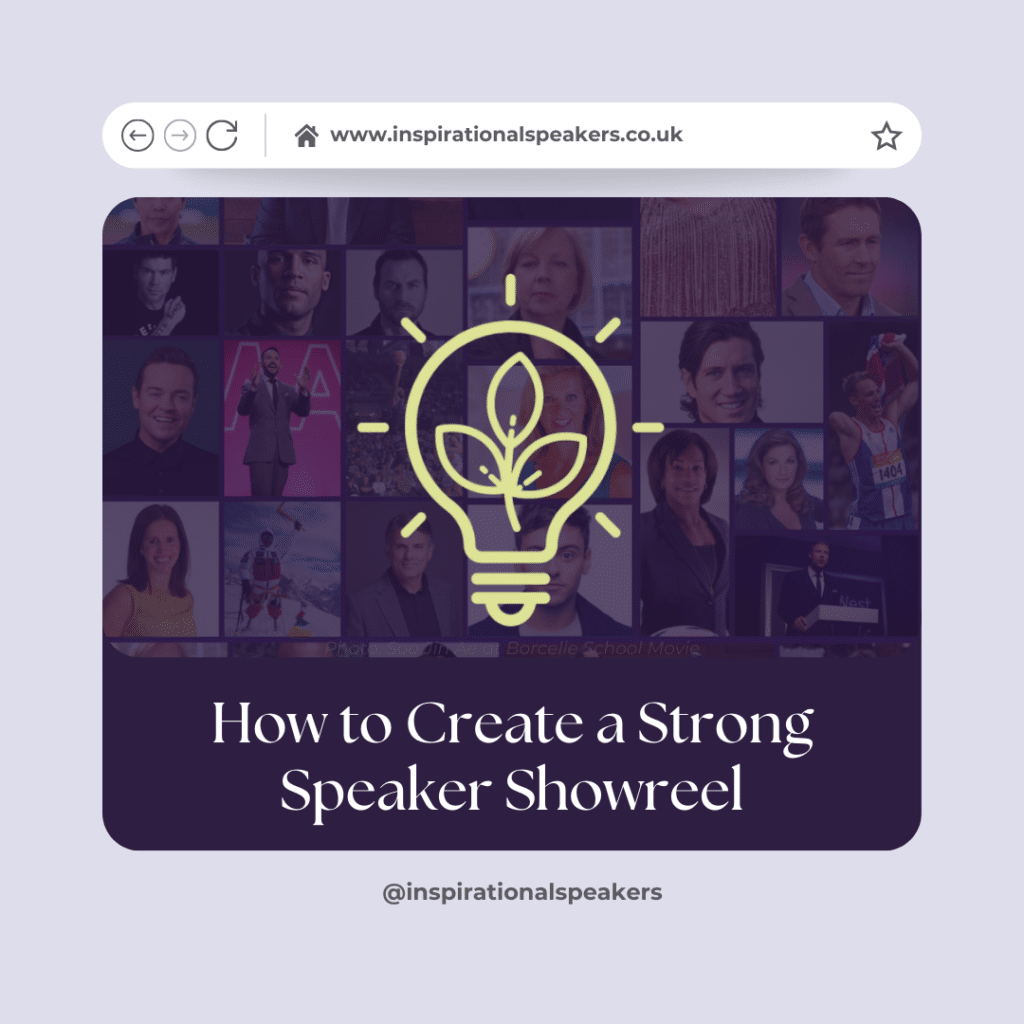Proud to Receive an MBE… but there’s still much to do – Carole Spiers MBE
At Inspirational Speakers, we love celebrating the achievements of our speakers, and we are delighted to share this latest blog from Carole Spiers MBE.
Carole is an internationally recognised authority on stress management, wellbeing, and workplace resilience, and she has dedicated her career to making a positive difference to people’s lives.
In this blog, Carole reflects on receiving an MBE in the King’s Birthday Honours List, recognising her outstanding contribution to mental health and stress management. True to her character, Carole also reminds us that while this is a moment of celebration, there is still vital work to be done in supporting wellbeing across organisations and wider society.
I was honoured to be awarded the Member of the Order of the British Empire (MBE) in the King’s Birthday Honours List for services to mental health and stress management. I am both thrilled and deeply humbled to receive this recognition. However, this honour is not mine alone. It reflects a shared mission by so many dedicated professionals and passionate advocates who are working every day to reduce stress and promote wellbeing across organisations and society at large.
Over 30 Years of Championing Stress Awareness
For more than three decades, I’ve been committed to raising awareness of stress and breaking the stigma that still surrounds it. So, have things improved? Yes—but we still have a long way to go.
We are certainly talking more about stress than we used to. Mental health is more openly discussed, and the language around it has evolved. But too many people still feel unable to speak up. The myth persists that stress is a sign of weakness—when in reality, acknowledging it is a sign of strength.
And this brings us to an essential truth: managing stress is a shared responsibility. It doesn’t just sit with the employer. Employees, too, must feel empowered to speak up and speak out. But this can only happen in a healthy workplace culture—one where people feel psychologically safe, where vulnerability is not punished, and where there is no stigma attached to asking for help. When this kind of culture exists, it creates a win–win for both the employer and the employee.
Support Systems Are Improving—But Not Reaching Everyone
Organisations have come a long way. Many now have Employee Assistance Programmes, mental health first aiders, and access to occupational health. These are welcome developments. Yet, despite the support, people continue to slip through the net.
Working from home, for example, brings flexibility but also isolation. Managers no longer have the casual coffee machine conversations that once allowed informal check-ins. A Zoom call might cover a packed agenda—but often skips the simple question: “How are you?” And even when it’s asked, there’s rarely time to listen to the real answer.
Why Are the Signs Still Missed?
It’s easy to blame management for not spotting the signs of stress, burnout, or even suicidal thoughts. But we must remember that many managers are promoted because of their technical expertise (IQ), not necessarily their emotional intelligence (EQ). They may be told they’ll “learn on the job”—but at whose expense?
Leaders need the skills and confidence to manage people with empathy and understanding. And that means investing in training, mentoring, and creating a culture where mental health is taken seriously—every day, not just once a year.
Employees, too, must feel valued—not just for what they do, but for who they are. No one should feel like a number. People want to feel seen, heard, and appreciated for their unique contribution to the organisation. When an employee knows they matter, their motivation and wellbeing rise. It’s not about grand gestures—it’s about consistent respect, meaningful recognition, and a culture that puts people first.
Awareness Weeks Matter—But Culture is Key
As the founder of International Stress Awareness Week, I sometimes wonder if such campaigns are still needed. The answer is yes—but not just for one week. Raising awareness is a continuous commitment.
Ultimately, success is when your employees tell you they feel recognised and valued—not as numbers on a payroll, but as human beings. When people are happy at work, when they feel understood and supported, when care and compassion are embedded in the culture—that’s when you know you’re making progress.
A Healthy Workplace Culture Costs Nothing
It isn’t rocket science. Building a healthy workplace culture requires attention, consistency, and a genuine desire to care. And best of all, it costs nothing. This is a zero-budget strategy—and who doesn’t love that?
But it must be real. People know when a company’s values are just words on a wall. To create a culture that truly supports mental health and reduces stress, organisations must actively demonstrate they care. That means treating employees with decency, fairness, and genuine consideration—day in, day out.
Receiving an MBE has renewed my drive and commitment. The journey continues. Together, let’s keep raising the flag for mental health—every single day.
Based in the UK, Carole is a highly respected and sought-after motivational keynote speaker, delivering powerful presentations across the Middle East, Europe, and beyond. She captivates global audiences with expert insights on stress management, resilience, burnout, and workplace culture – empowering leaders with practical strategies to build mentally healthy, high-performing organisations.
Showreel

Contact us
Call us on 020 7993 2724 or click below to enquire and will will be back to you as soon as possible.
Past Blog Posts







